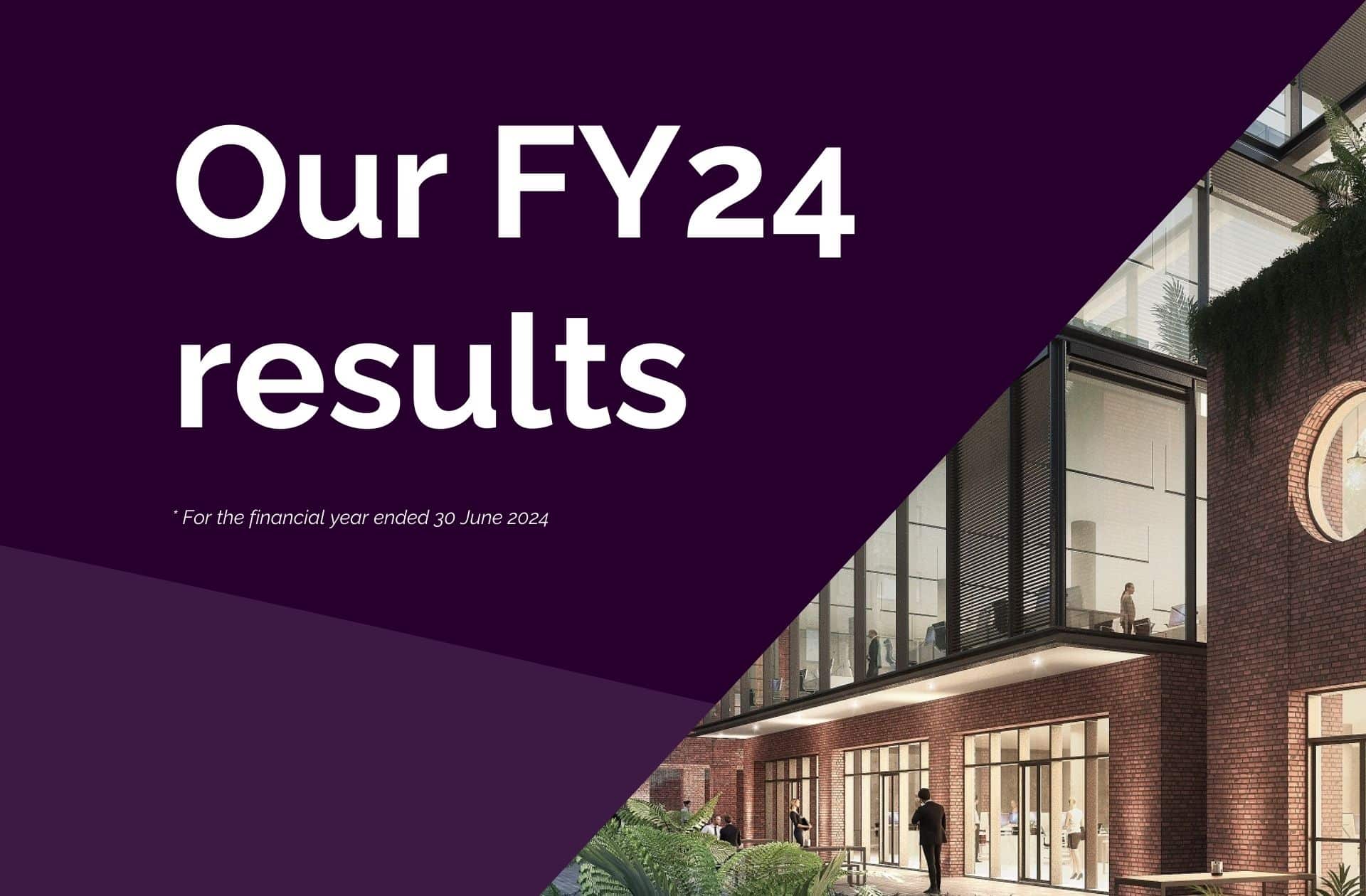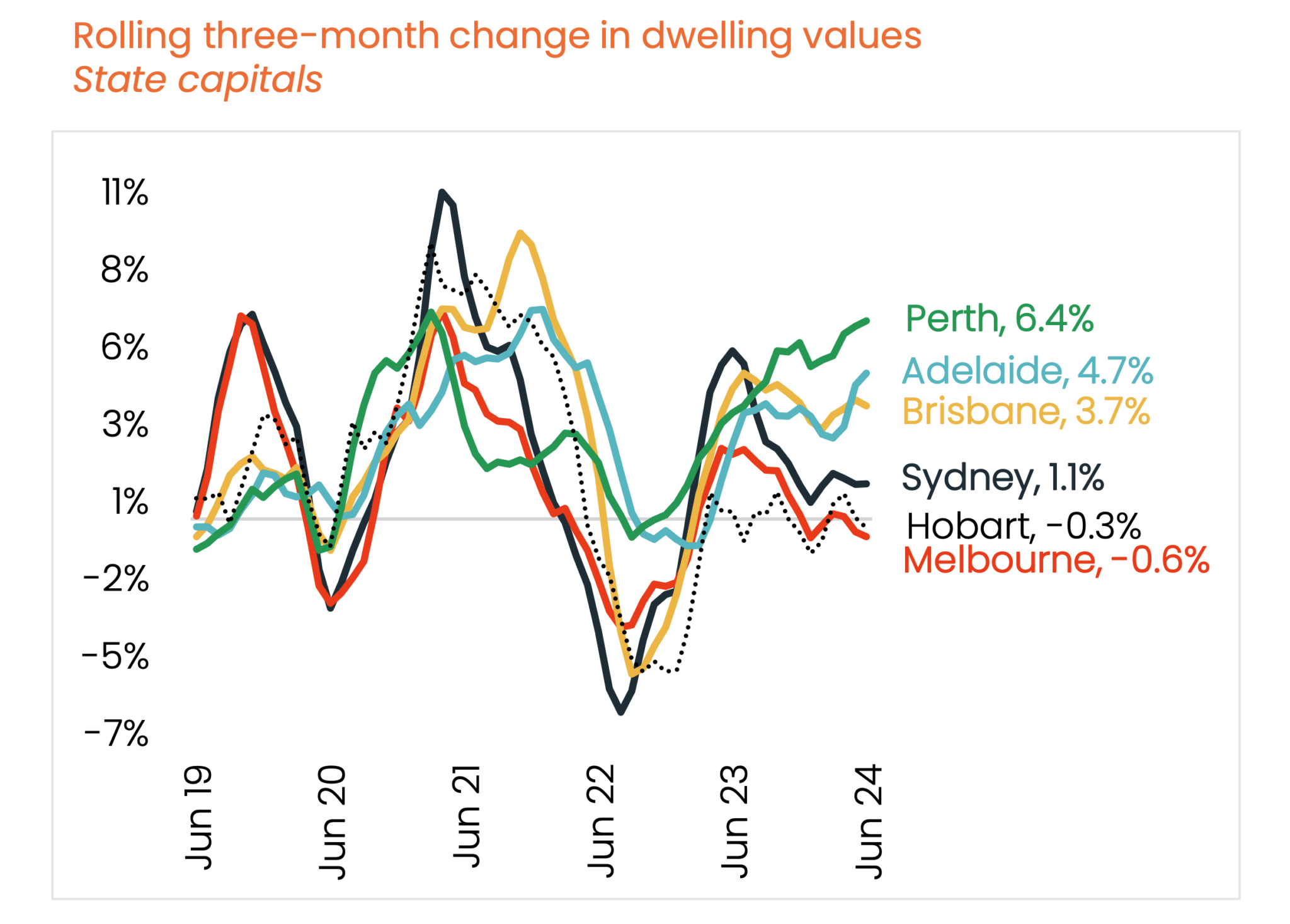Source: selfmanagedsuper
Author: Malavika Santhebennur
Date: 7 March, 2018
A major challenge for SMSF investors is their of lack understanding of alternative asset classes and products such as peer-to-peer lending, one lender has said.
Peer-to-peer lender Zagga chief executive Alan Greenstein told selfmanagedsuper when investors do not understand a concept and lack awareness of a product, they tend to attribute higher risk than is actually present.
“When it comes to peer-to-peer, I think most of the market awareness revolves around the consumer peer-to-peer and the retail peer-to-peer,” Greenstein said.
Listing other peer-to-peer lenders such as SocietyOne and OnDeck, he said his firm does not fit in the same basket.
“We’re not those guys at all. People perceive a higher risk attached to those things and you tend to get lumped in the same basket as those things. We want people to understand that we’re an alternative with a tremendous amount of experience and diligence and security that covers our loans,” he said.
He added unless SMSF investors feel confident to conduct their own research, they should consult with a financial adviser such as an accountant, mortgage broker or lawyer and inquire about alternative investment products.
“The problem you also have there is generally speaking those guys don’t know a lot about them either or they only know about some,” he noted. “Or you’ve got to make sure you’re dealing with the right counterparty because you don’t want your advice to be based on the commission they’re going to receive.”
Based on current market conditions, Zagga expects its loans will generate a net return of at least 8.5 per cent a year, with each investment priced on its own merit.
The firm said the risk is mitigated by the fact the loans are secured by mortgage over real property, each is placed in a separate bare trust within Zagga’s trust structure, and all are subject to credit and risk assessments.
Greenstein said the second significant challenge was to convince SMSF investors to make their own proactive investment decisions rather than relying on the decisions of a peer-to-peer lender.
“You actually want them to do a bit of their own due diligence. They’ll phone up and say: ‘Alan, is it a good loan?’ What do you want me to say? I wouldn’t put it up if I thought it was a bad loan,” he said.
“The reason I go through all of the effort in creating an information memorandum and all of those things is for you guys to make your own decisions,” he said, adding his firm will not take investors’ money until they have committed to the loan.




